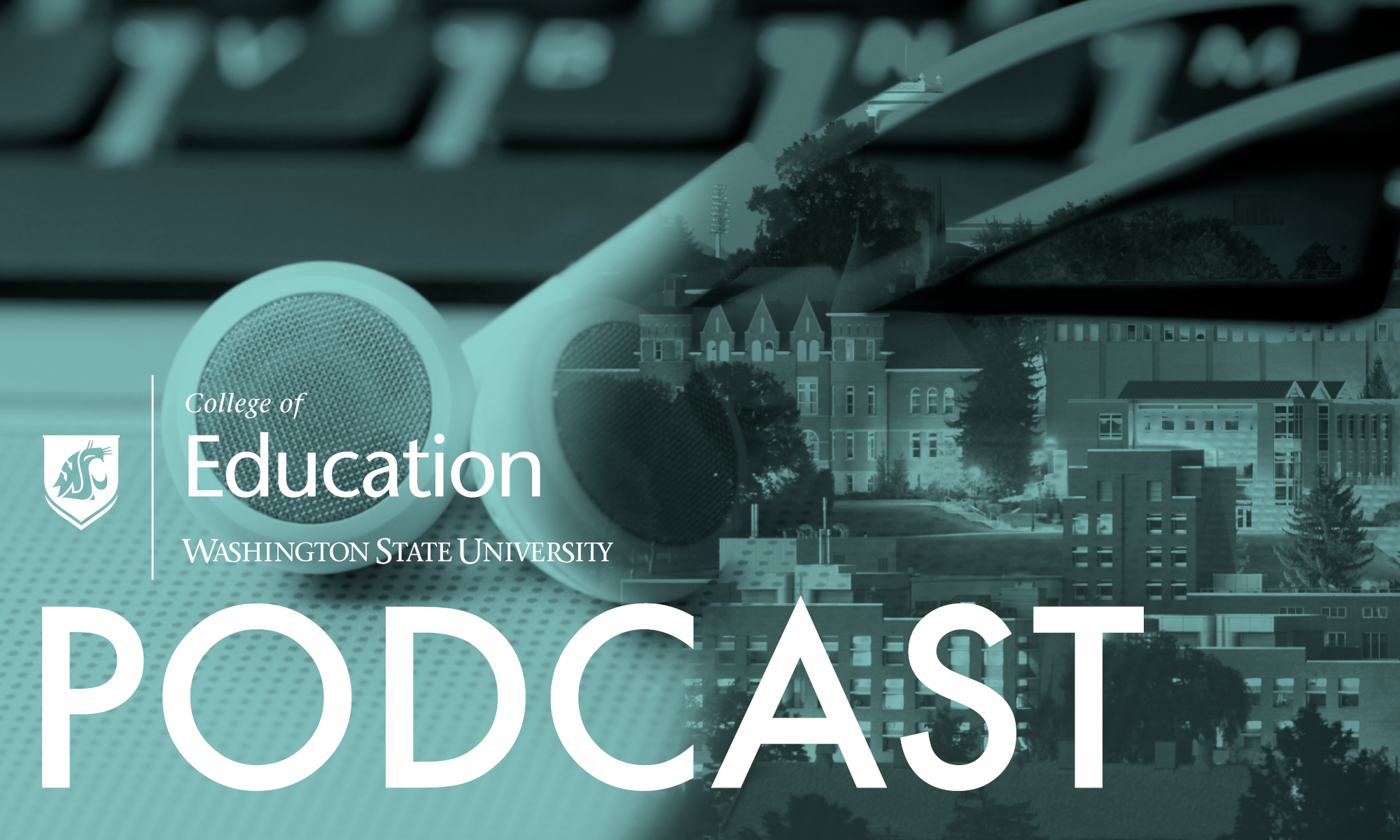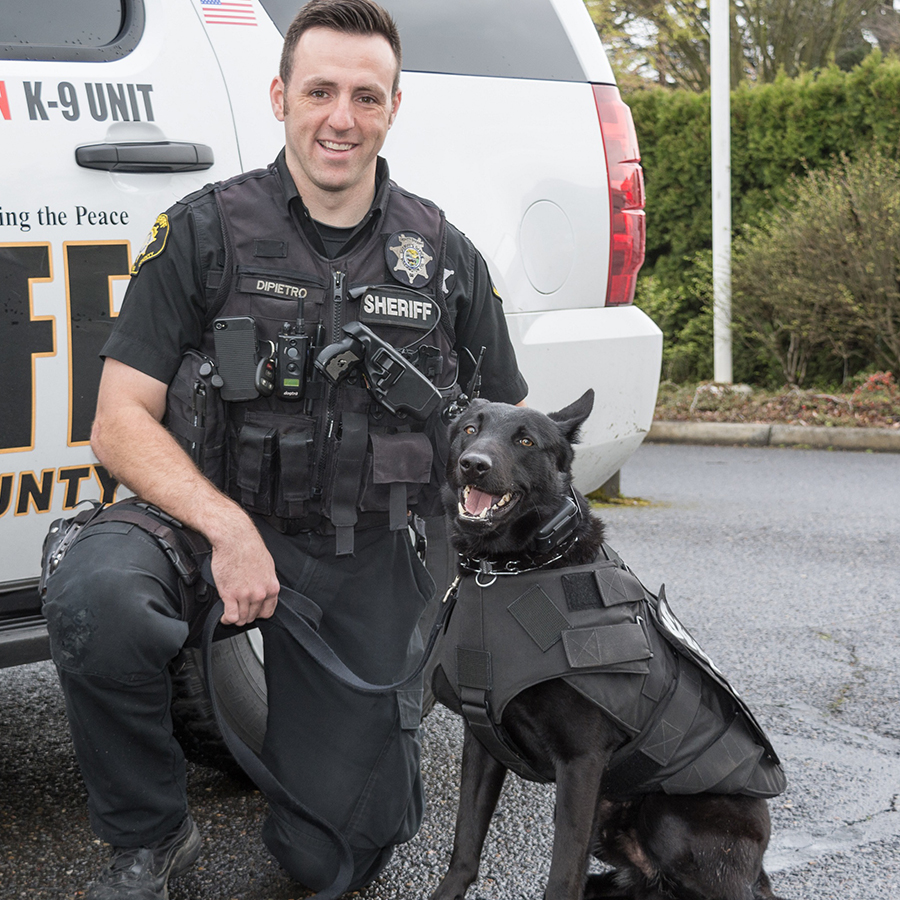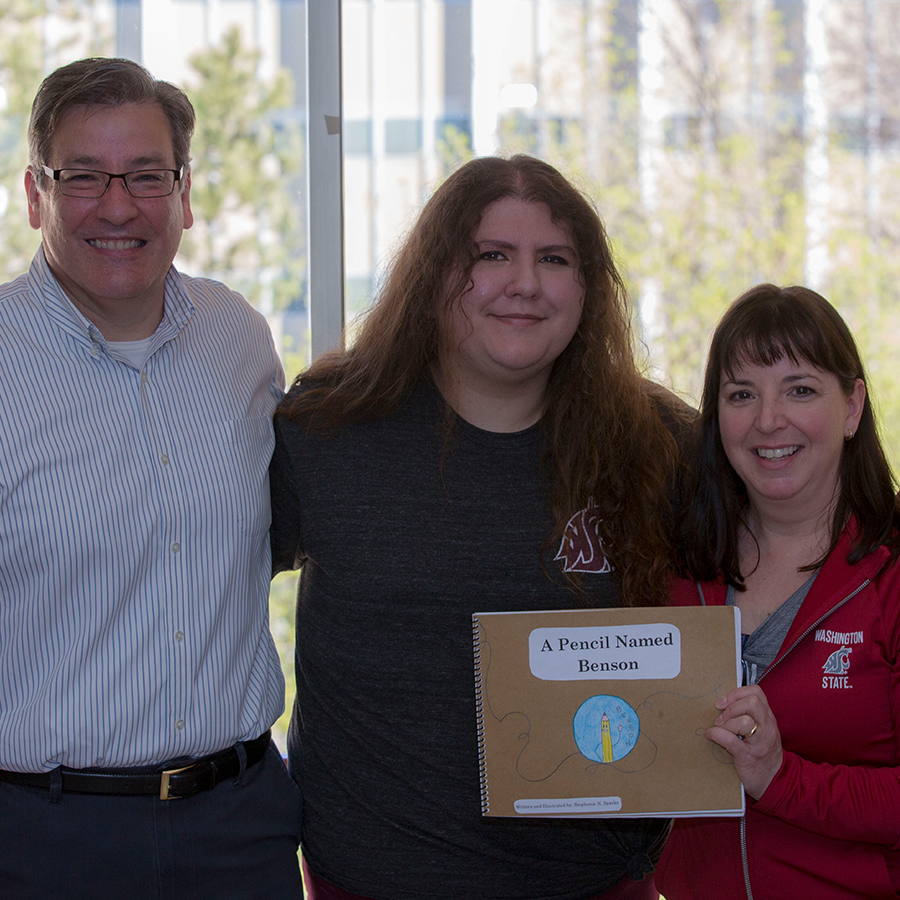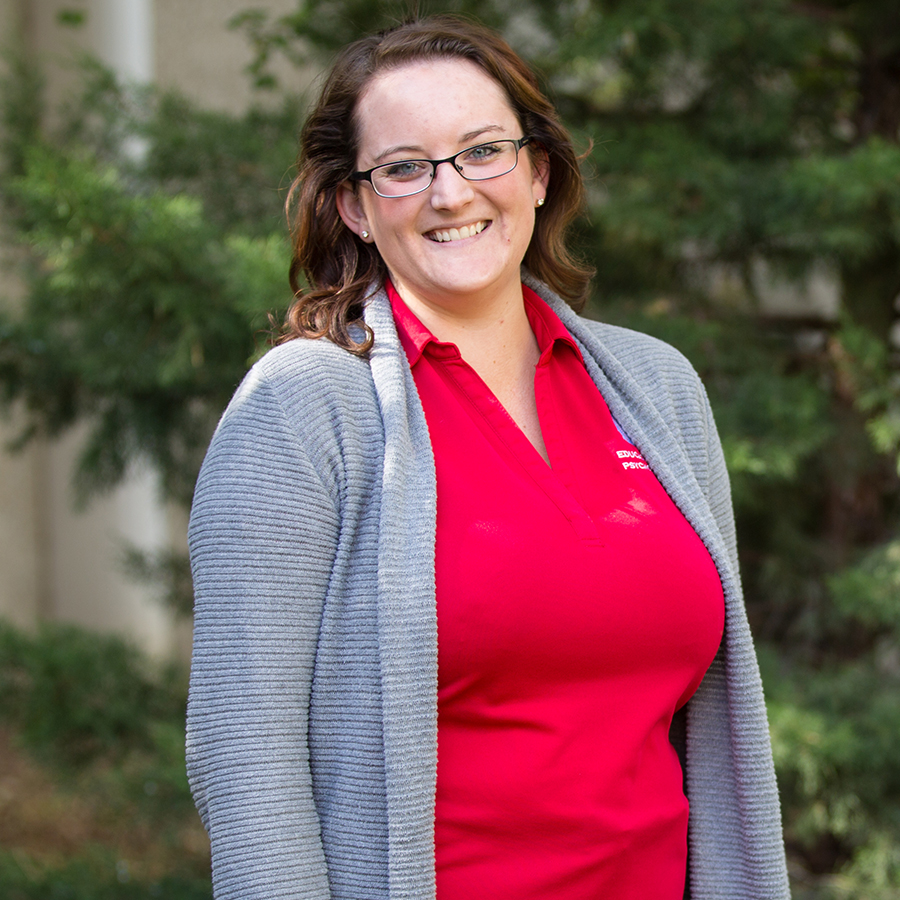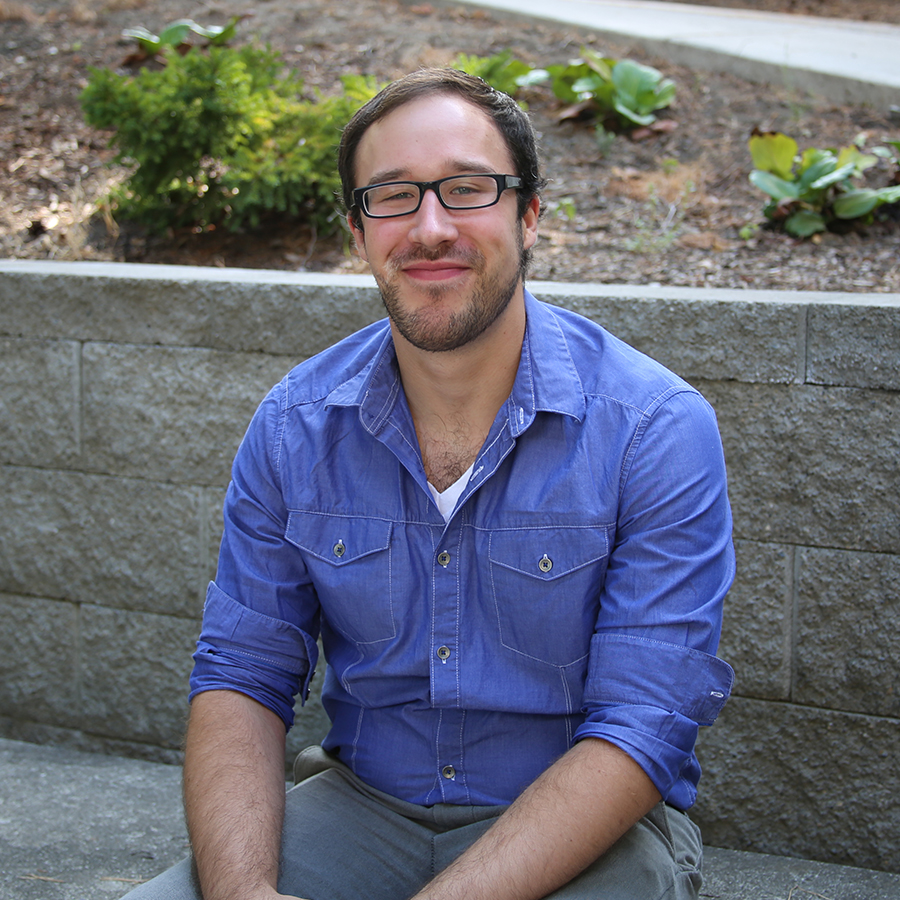Law enforcement officers often consider their fellow officers as a brotherhood or sisterhood.
That extends to canine officers. Police dogs. Quite frankly, some officers spend more time with their canine companions than they do with their own families, making those dogs de facto family.
But how do we train police officers to render first aid to their dogs in emergencies, such as ingesting poisons? Phyllis Erdman is an expert in veterinary education, and talks about the unique bond between law enforcement canines and their handlers, as well as some new research she’s done.
Podcast (educationeclipse): Play in new window | Download
Subscribe: RSS
